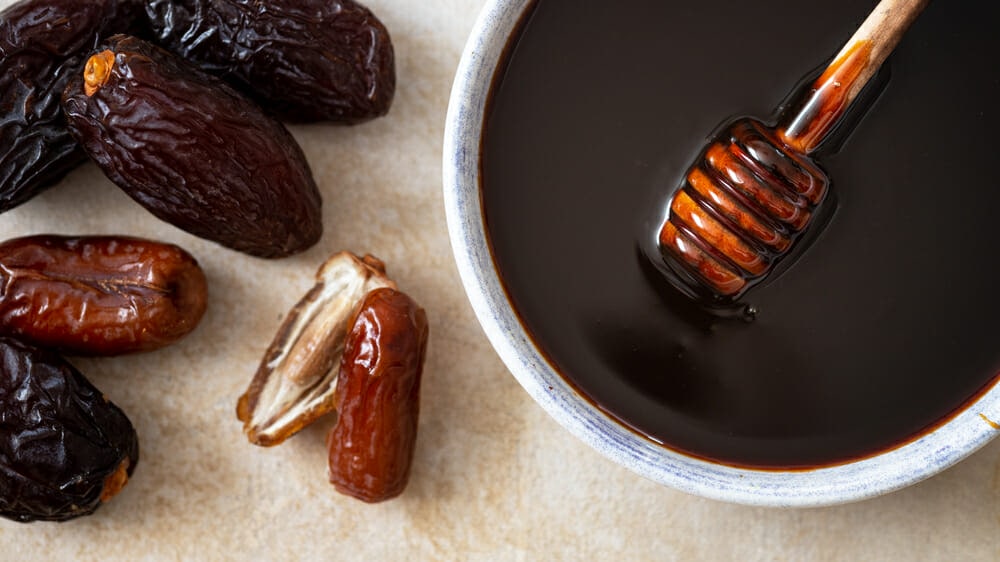It’s been common wisdom for years that cutting back on sugar is good for health, and a useful thing to do if we’re looking to drop calories and control weight. One way to achieve that and still have a sweet-tasting treat, can be by using drinks and foods sweetened with non-sugar sweeteners such as stevia, aspartame, sucralose and others.
Now the World Health Organisation (WHO) has challenged that idea. It’s released a new guideline on non-sugar sweeteners, which recommends against their use to control body weight or reduce the risk of noncommunicable diseases (NCDs).
That’s off the back of a systematic review – a study of the available evidence – which suggests using non-sugar sweeteners doesn’t offer any long-term benefit when it comes to reducing body fat. That review also found there may be potential downsides from long-term use of these sweeteners, including an increased risk of type 2 diabetes and heart disease.
This adds to previous research which has suggested sweeteners might not be great for our gut bacteria, and could interfere with how the body interprets sugar cravings: even though they taste sweet, it’s thought non-sugar sweeteners might not quite hit the brain the same way when it comes to satisfying the desire for a sweet taste.
So what to do instead? So-called ‘natural’ sweeteners such as honey, rice syrup and coconut sugar act in just the same way as refined sugar in the body – so keeping our intake of those low is wise, too.

The WHO recommends a limit of around 6 teaspoons of added sugar a day. So our best bet is to try to reduce the sweetness of our whole diet, which eventually will re-train our palate and tame those sweet cravings.
Enjoying foods with natural sugars – such as fruit – is a good way to go; there’s no need to cut this out, and the sugars in fruit come packaged up with lots of other good things, like fibre and vitamins that are great for our health.
RELATED ARTICLE: The “Why” Behind Your Sugar Addiction. Dr Libby Talks About Emotions, Beliefs, And Habitual Treat Eating








